Students Support
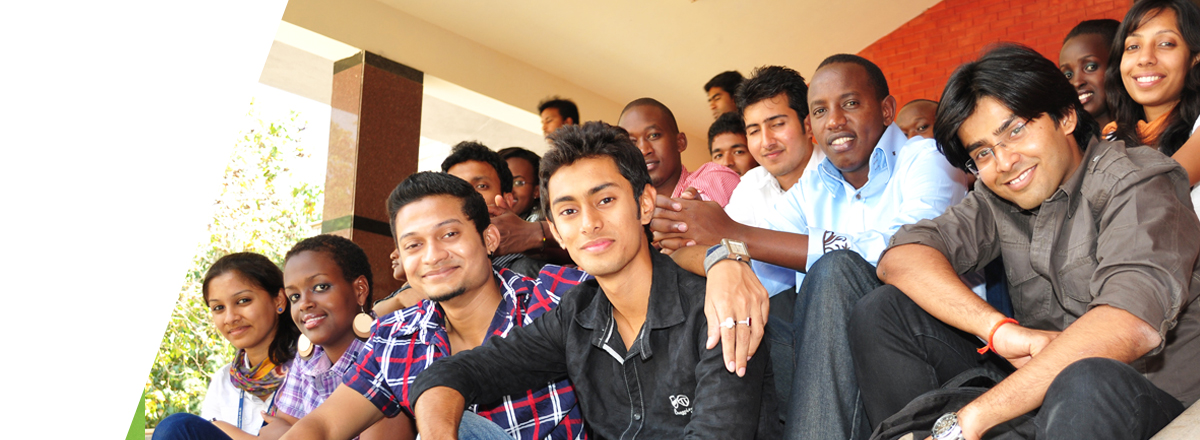
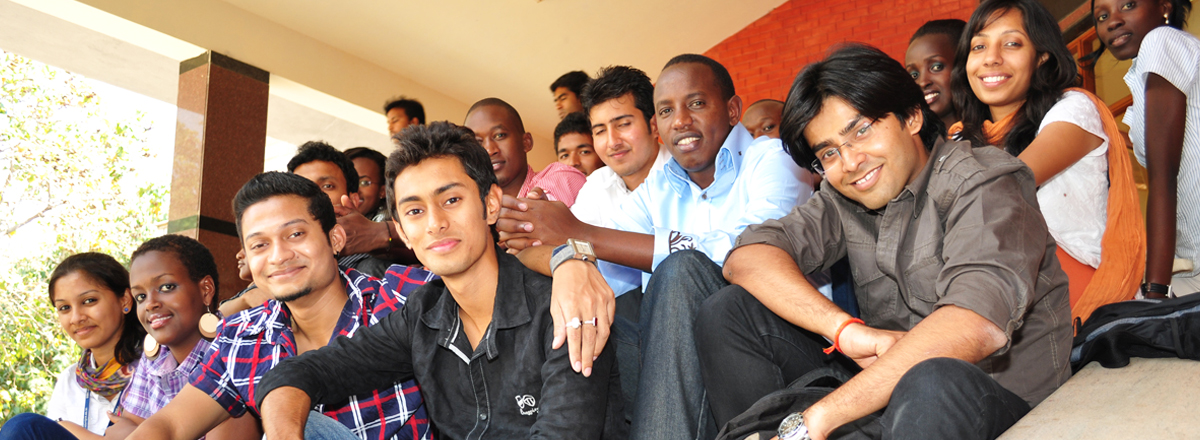


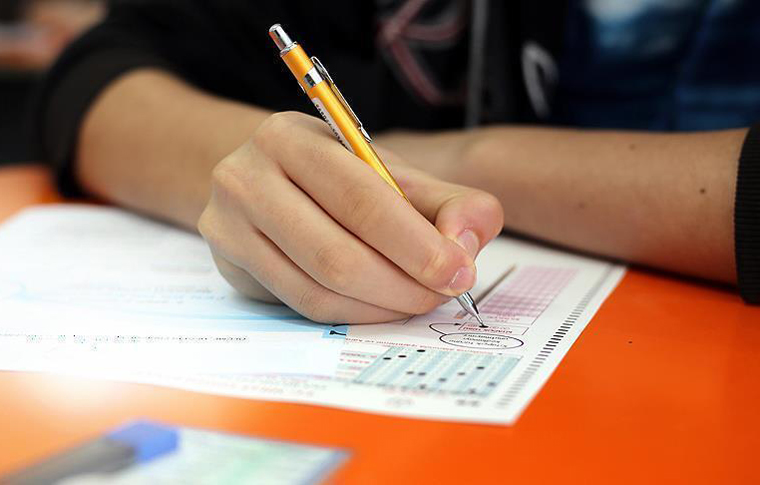
At the beginning of the semester, the evaluation method/scheme of the examination is communicated by the faculty to the students. The probable dates of the mid-term examination, end semester examination, assessment details and guidelines are printed in the University Handbook and the academic calendar which is distributed to the students.
The evaluation process of the students is continuous as it is essential to meet the goals of education and at the same time, assess the academic growth of the students. Signatures of the students are taken on the statement of Continuous Assessment (CA) to reflect absolute transparency. Internal Assessment (IA) marks are displayed on the notice board and students can clarify the IA marks with the respective departments. The examination schedules, notices, timetable, etc. are put up on the website as well as on the notice board of the respective constituent units of the University. An orientation program is conducted for M.Phil and Ph.D. students to brief them about the various guidelines of the University.
The evaluation process involves a choice-based credit system, which is an initiative of the University Grants Commission (UGC) to bring about qualitative improvement in the national higher education system. CBCS allows students to choose from the prescribed courses, which are referred as core, elective or minor or soft skill courses providing more flexibility for learning. The assessment is grade-based on a credit system. CBCS makes the educational broad-based and at par with global standards.
Access the results of University examinations at results.jainuniversity.ac.in
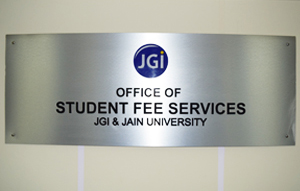
The Office of the Student Fee Service is an important department of the University as it deals with the collection of fees, providing receipts, and managing the records of both national and international students. The office constantly looks for ways to provide hassle free, quick, and efficient service to the students in terms of their fee submission. Keeping this in mind, the team has moved to online student fee payment services which has led to accurate, easy, and transparent fee transaction facilities.

Located in the pristine surroundings of the Global Campus, JAIN (Deemed-to-be University) has separate hostel facilities for boys and girls, which can accommodate 650 students. They can access the library on 24x7 basis, the swimming pool, and outdoor sports facilities.
The hostels which are located across south Bangalore offer residential accommodation for boys and girls with complete food, laundry, and recreational activities. Warden's supervision, hygiene, safety, kitchen facilities, medical checkups and insurance, and telephones are just some of the other amenities at the hostels.

Internal Quality Assurance Cell (IQAC) of JAIN (Deemed-to-be University) was established in 2009. The Cell has integrated itself into the institutional system and is working towards the goals of quality enhancement and sustenance. IQAC in any institution is a significant administrative body that is responsible for initiating, planning, and supervising various activities that are necessary to increase the quality of education in a holistic way. Some of the main functions of the IQAC in JAIN (Deemed-to-be University) are
IQAC regularly conducts workshops on quality initiatives. Recently, it conducted a two-day awareness workshop on revised accreditation framework in collaboration with the UGC and the NAAC.
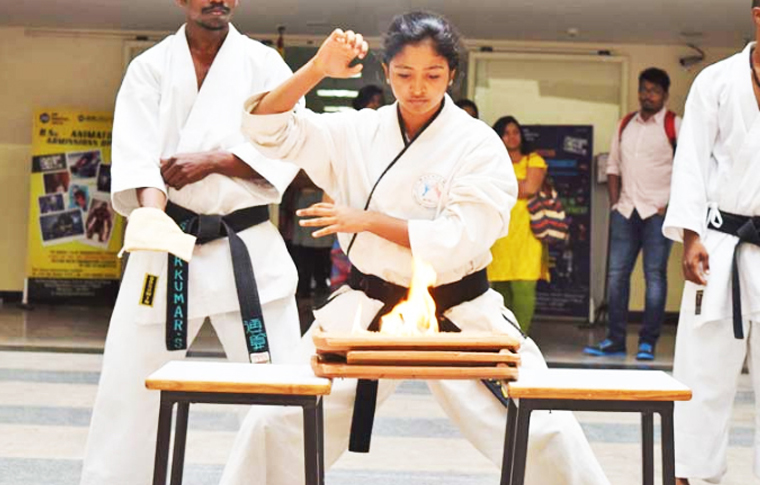
The Women’s Cell of JAIN (Deemed-to-be University) is an integral cell comprising senior faculty members and two student representatives from each school / center for creating awareness to empower women in all fields. The Cell encourages both faculty and students to take part in activities related to issues faced by women thereby developing awareness about women’s rights, gender equality, gender sensitivity, information, and empowerment.
Celebration of Women’s Day on March 8 every year is one of the major initiatives taken by the Cell. Meetings are regularly conducted to discuss various issues like women empowerment, women safety, hygienic practices, work life balance, and motivating women to become career-oriented.
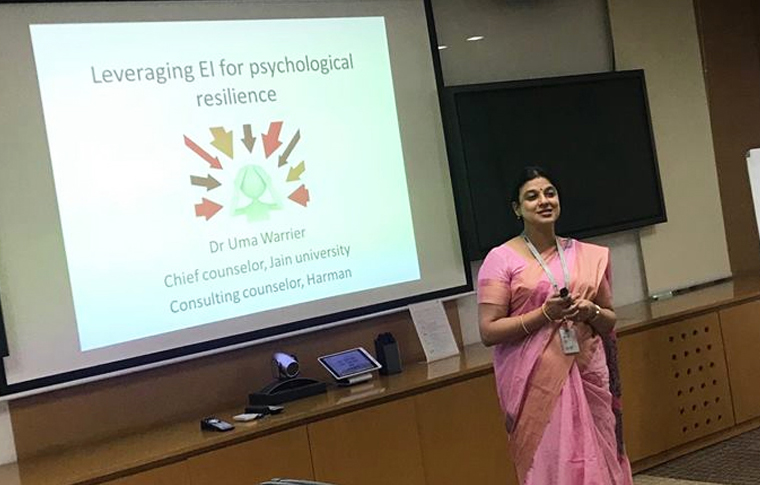
In JAIN (Deemed-to-be University), it is made sure that students not only acquire academic and physical development, but equal importance is given to mental health wellbeing. Vishwas is the counseling center of JAIN (Deemed-to-be University). The counseling activities of all centers are integrated under this Center.
It works towards addressing the problems faced by the students. The unit counsels students and tries to solve issues related to learning, substance abuse, relationship problems, personal problems, family-related issues, anger management, identity and self-esteem, domestic violence, ethnic and cultural diversity.
The counselors suggests ways to cope or overcome the problems with relevant counseling and guidance. Confidentiality is maintained for service and information. It is an altruistic effort on the part of the University and its services are not charged
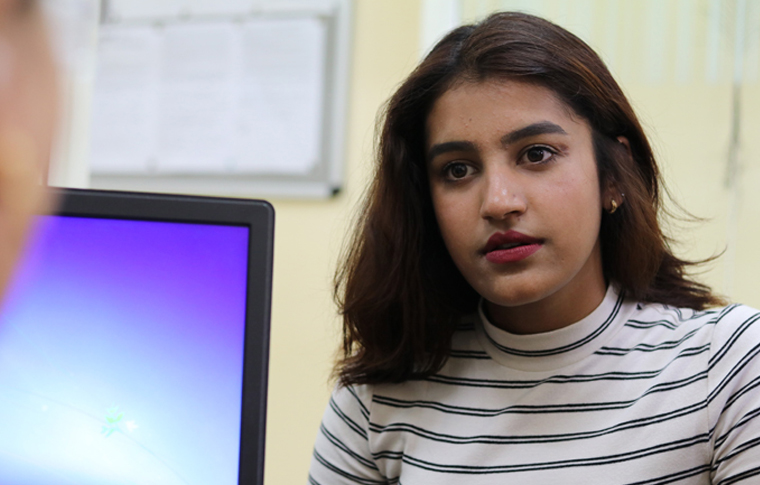
The Student Grievance Redressal Cell aims at strengthening the teacher-student relationship and instills confidence in students. The Cell takes care of student requirements, happenings in the class, addressing problematic issues without delay, inculcating human values, and maintaining qualitative social ambience in the premises. Each unit has a committee which reports to the integrated grievance cell. Most of the grievances are stored out in an informal manner. It helps in maintaining a healthy atmosphere and fostering a friendly relationship between students, teachers, and administration.
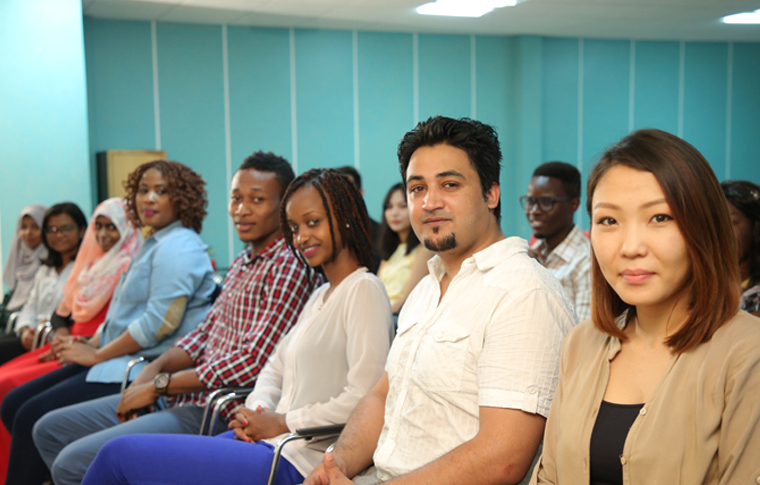
The Equal Opportunities Cell in JAIN (Deemed-to-be University) ensures that all students are treated equally. Students with disabilities, minority status, or from disabling environmental, economic, and cultural barriers will be given equal rights, status, and opportunities. The Cell strictly opposes any form of unjustifiable behavior, discrimination, or prejudices. The EOC addresses the concerns of the students belonging to SC, ST, OBC and persons with disabilities (PWD).
Programs on disability and human rights help in understanding the experiences of students and staff with disabilities. It is designed to bring about issues that affect the way in which people with disabilities are treated locally as well as globally.
JAIN (Deemed-to-be University) encourages differently-abled students to take up programs offered by the University. They are given preference in the use of facilities like lifts, canteens, cafeteria, and library. They are allowed to record lectures in the classrooms.
Information and computer-technology enablement aims at developing basic skills in communication and information through the use of computers mainly for those with visual impairment. Visually-impaired students are provided with software ‘George’ to enable them to download material.